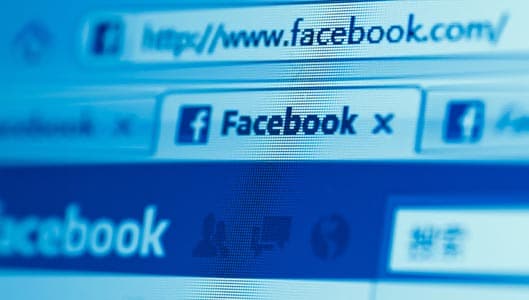BBC report raises concerns over images of children on Facebook
A BBC investigation has raised serious issues over the way Facebook handles sexualised images of children under 16 as well as the Facebook groups that promote their distribution, after many reports by the BBC resulted in no action being taken.
The social network’s rules on preventing paedophiles from using their service in the UK has also come under fire.
The BBC reported that investigators reported 100 images or pages to Facebook. Such content included –
– pages explicitly for men with a sexual interest in children
– images of under-16s in highly sexualised poses, with obscene comments posted beside them
– groups with names such as “hot xxxx schoolgirls” containing stolen images of real children
– an image that appeared to be a still from a video of child abuse, with a request below it to share “child pornography”
Of the 100 images, Facebook removed only 18.
Worryingly, Facebook claimed the rest of the photos – 82 in total – did not breach Facebook’s community standards. A response that we know many of our readers will be extremely familiar with.
Sponsored Content. Continued below...
Not only did Facebook fail to remove the majority of reported content from their website, the BBC also claimed that after it reported the profiles of five convicted paedophiles using Facebook in the UK (criminals with such convictions are banned from using Facebook in the UK) the social network failed to remove any of them.
The BBC investigation has drawn yet another round of criticism aimed towards Zuckerberg’s company. The NSPCC said through a spokesperson –
Facebook’s failure to remove illegal content from its website is appalling and violates the agreements they have in place to protect children
In a bizarre twist, the BBC have also said that they themselves had been reported to the UK’s National Crime Agency by Facebook after sending Facebook images of children that the social networking site had failed to remove from their site. Something Facebook had asked them to do as a condition for an interview.
Facebook said in a later statement –
When the BBC sent us such images we followed our industry’s standard practice and reported them to Ceop [Child Exploitation & Online Protection Centre].
Facebook later told the BBC that all the images initially reported had been removed. However the BBC investigation highlights serious problems with Facebook’s reporting feature that our own readers will be well aware of. Serious reports are often ignored or denied by Facebook and users do not have an effective or consistent way of removing material from Facebook, even if such material clearly violates Facebook’s standards.
And as is often the case, it is only when a particular incident garners enough mainstream media coverage do Facebook actually opt to take any action.
Continued below...
Thanks for reading, we hope this article helped, but before you leave us for greener pastures, please help us out.
We're hoping to be totally ad-free by 2025 - after all, no one likes online adverts, and all they do is get in the way and slow everything down. But of course we still have fees and costs to pay, so please, please consider becoming a Facebook supporter! It costs only 0.99p (~$1.30) a month (you can stop at any time) and ensures we can still keep posting Cybersecurity themed content to help keep our communities safe and scam-free. You can subscribe here
Remember, we're active on social media - so follow us on Facebook, Bluesky, Instagram and X
